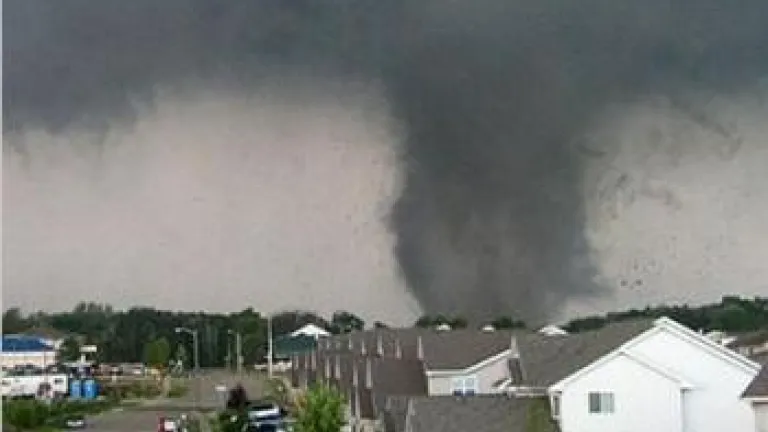Do Tragedies Happen Because God Is Punishing People?

There are select examples in the Bible of God enacting divine punishment on individuals, cities or nations as a whole; however, Jesus Christ clearly taught that everyday tragedies are not the result of people being particularly sinful or evil (Luke 13:1-5).
God's direct intervention and punishment, as described throughout the Bible, is the exception rather than the rule. This is due to His supreme patience (Psalm 103:8) motivated by His love for us and desire to reconcile us to Himself for salvation. The Bible teaches that God's wrath is preceded by a warning so that people have the opportunity to repent (Amos 3:7), as opposed to the many tragic occurrences that strike daily and without warning throughout the world.
Jesus Christ spoke directly on the topic of accidents, natural disasters and even persecution as it relates to a person's sin. In Luke 13:1-5, He gave two examples of people who suffered—some who had been slaughtered by Roman officials, and others who died when a large tower suddenly fell and landed on them. He pointed out that these people who died were not "worse sinners" than those in the same town who were unharmed, but instead He taught that "unless you repent you will all likewise perish." This speaks to the reality that all people are under the same penalty of sin, which is death, unless we repent and follow God.
Conversely, even those who follow God and keep His commandments will sometimes suffer or die in tragedies. Of these, the scriptures teach that this is not divine judgment, but that "time and chance happen to them all" (Ecclesiastes 9:11). Following God is a matter of our eternal salvation that does not free us from all physical dangers, trials or harmful accidents.
Sin is the root cause of all death, disease, suffering and corruption in the world today. The cumulative destructive effect of sin that is in the world leads to death by illnesses, accidents, natural disasters and other tragic events that are completely unconnected to our own actions. While "all have sinned" (Romans 3:23), often those who experience a tragedy are not receiving the direct punishment of their own sin. There are many cases when people do suffer as a direct result of their sin, but this does not require divine intervention. For example, adulterers will suffer emotional damage in their marriages with the additional possibilities of sexually transmitted diseases or retribution from the other person's partner, but this type of "punishment" is simply cause-and-effect.
In the particular cases of God's wrath found in the Bible, God acted in response to extreme conditions of depravity, and the result was complete and utter devastation on a scale that is far beyond the natural disasters or local tragedies that we experience today. The destruction of Sodom and Gomorrah illustrates this point, where only Lot and his two daughters survived. Again in the flood of Noah's day, only eight people out of the entire world were spared. The Bible does teach God's future judgment and wrath on the earth, but this is not merely to punish sin—it serves the dual purpose of breaking down the corrupt institutions of the world and raising up His righteous Kingdom under the rule of Jesus Christ and the saints (Romans 8:22-23; Revelation 11:15).
For more information on the cause of death, pain and suffering in the world—and God's solution to sin for all mankind—please see our free study aid, Why Does God Allow Suffering?





